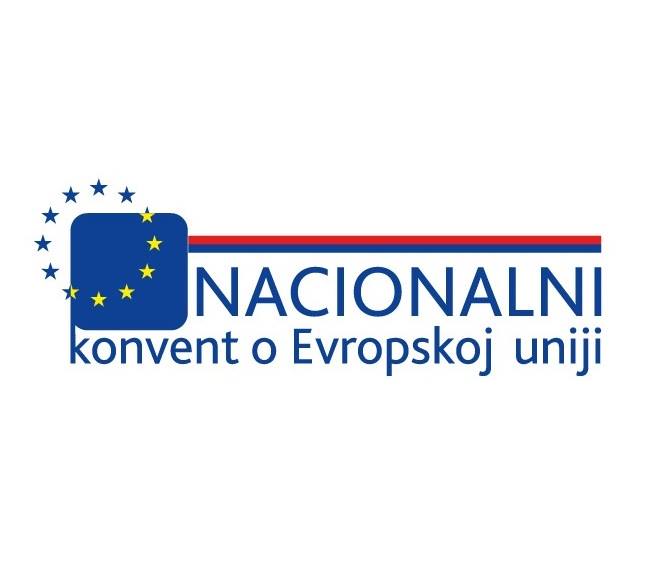Hotline: +381 61 63 84 071
NGO Atina became a member of the Working Group for Chapter 35 of the National Convention

NGO Atina became a member of the Working Group for Chapter 35 of the National Convention on the EU
In December 2023, NGO Atina became a member of the Working Group for Chapter 35 of the National Convention on the European Union.
In the case of Serbia, Chapter 35 monitors progress in the negotiation process on the normalization of relations between Belgrade and Prishtina. This Chapter includes issues that cannot be classified under other chapters and problems that arise after a particular chapter is temporarily closed to avoid renegotiating those chapters. For these reasons, Chapter 35 does not have a predefined EU acquis.
The European Union's negotiating framework for conducting accession negotiations with Serbia states that “the issue of normalization of relations between Serbia and Kosovo* will be considered within Chapter 35 ‘Other issues’ as a separate item that should be dealt with in the early phase of the negotiations, as well as during the entire negotiation process, and justified cases also within other relevant chapters.” Chapter 35 does not replace the dialogue between Belgrade and Prishtina with the implementation of the agreements reached within the conversation, a link between the progress in the dialogue and Serbia's accession negotiations. As already mentioned, there is no EU acquis in this Chapter. Therefore, the Chapter was opened without submitting the negotiating position of the Republic of Serbia. However, at the opening of the Chapter, the European Union adopted a joint position with 36 intermediate benchmarks to measure progress in the dialogue, and therefore in this Chapter as well. The negotiation framework of the European Union determined that Chapter 35 is subject to the rules that apply to Chapters 23 and 24 according to the new negotiation methodology. This means that the lack of progress in meeting the criteria from this Chapter can stop the negotiation process within other negotiation chapters.
Since its founding, NGO Atina has established closer cooperation with the PVPT organization from Prishtina, which also provides support to victims of human trafficking and gender-based violence, and in 2023, with the support of the European Union, started the first joint project “BRIDGE – Stepping forward in the protection of women and girls in Kosovo and Serbia, “intending to strengthen cooperation in this area. These two organizations, Atina and PVPT, have directed their cooperation toward “bridging” the space that was created due to the lack of formal relations between Belgrade and Prishtina, as well as toward paving the way for the development of that relationship in the future, primarily taking into account the practical needs of victims and persons at risk. NGO Atina is highly interested in participating in the Working Group for Chapter 35 of the National Convention, and we believe that with our expertise, experience, and sincere commitment, we will be able to contribute to the improvement of relations in this area and based on this create more opportunities to support those for whom we exist.
NGO Atina was founded in 2003 by a group of women's movement activists as a response to gender-based violence and human trafficking and the lack of adequate programs for long-term support of the victims in Serbia. Atina first opened a safe house for girls and women and created a comprehensive social inclusion program afterward. All beneficiaries who have entered the program since 2003 can access case management services, psychological and legal support, safe accommodation, economic empowerment, support to alternative education, family mediation, and support in other important areas of their recovery. Over the past 20 years, Atina has successfully maintained these good practices and supported thousands of victims in the ways they needed.
* All references to Kosovo, whether the territory, institutions, or population, shall be understood in full compliance with United Nations Security Council Resolution 1244 and without prejudice to the status of Kosovo.

Funded by the European Commission. The article has been created within the project BRIDGE - Stepping Forward in the Protection of Women and Girls in Kosovo* and Serbia.
Views and opinions expressed are however those of the authors only and do not necessarily reflect those of the European Commission nor the granting authority can be held responsible for them.












 FACEBOOK
FACEBOOK TWITTER
TWITTER YOUTUBE
YOUTUBE